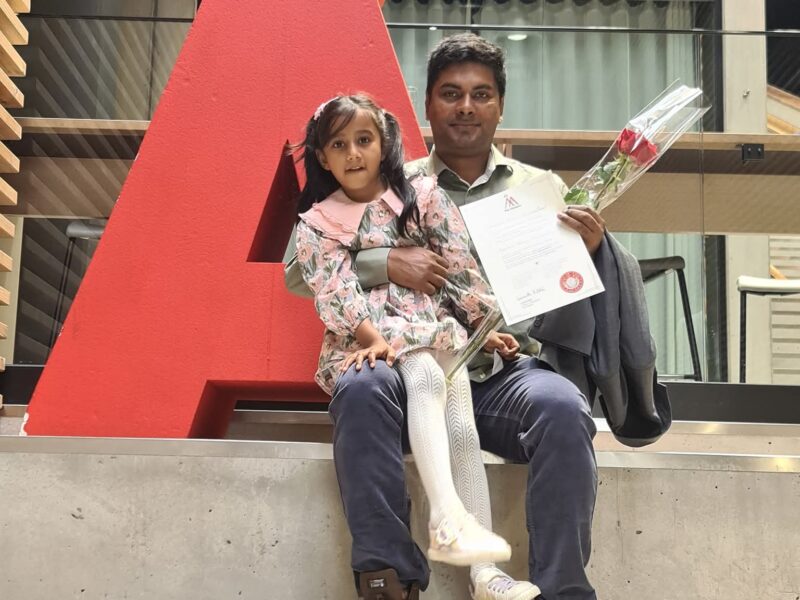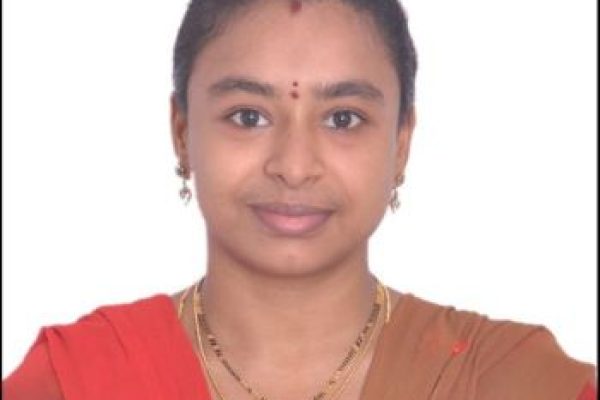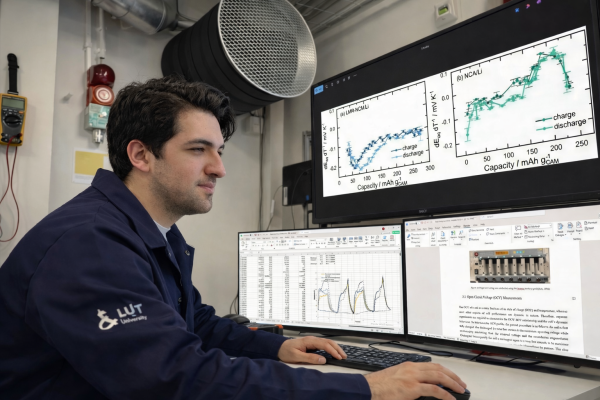Cleaner propulsion research depends on advanced simulations and detailed experiments, accurate but slow and expensive. Engineers now use surrogate models to simplify complex systems. Md Shahnawaz Ahmed, a recent Åbo Akademi University master’s graduate, examined this in his thesis on Gaussian Process Regression
Shahnawaz’s thesis was carried out as part of the Flexible Clean Propulsion Technologies (Flex-CPT) project, co-funded by Business Finland. The project develops next-generation engines and powertrain systems that are ultra-clean, energy-efficient, and able to work with a wide range of fuels. By advancing data-driven approaches, his work supports Flex-CPT’s mission to create smarter and more sustainable propulsion solutions.
Shahnawaz shares how his background and growing interest in machine learning guided him toward this field of research. His journey started in computer science and software development before shifting to data science and machine learning. With dual master’s degrees in Computer Science and Applied Statistics, he built strong foundations in programming, mathematics, and modeling. Drawn to how machine learning enables data-driven decision-making and how mathematical models solve real-world problems, he focused on Gaussian Process Regression for his thesis, exploring automatic relevance determination and hyperparameter tuning. “I thrive in roles combining coding, analytics, and problem-solving to create impactful solutions,” he says. Looking ahead, his ambition is to advance meta-learning and surrogate modeling for sustainable, intelligent systems design.
The thesis was completed as part of Åbo Akademi University’s Master’s Programme in Information Technology, Computer Science, under the supervision of Prof. Anders Brink and Prof. Jerker Björkqvist.
At the heart of the thesis is the uses GPR as a surrogate model to deliver predictions with quantified uncertainty. Shahnawaz optimized hyperparameters, applied Automatic Relevance Determination to rank inputs, and compared optimization strategies across datasets, demonstrating reliable and adaptable surrogate models. “My thesis focused on improving machine learning predictions with limited or uncertain data while reducing costly experiments in product development,” he explains. “I used Gaussian Process Regression to compare effects of hyperparameters and build methods that can help optimize the hyperparameters and improve predictions on unseen data.”
The thesis is closely connected to Flex-CPT’s technical goals in system-level modelling and simulation. By exploring ways to make surrogate models more efficient and interpretable, it provides tools that can support work packages such as WP1, Advanced Design of Experiments in Product Development, leading by Prof. Maciej Mikulski, aims to plan experiments that maximize information while minimizing costs. Shahnawaz’s work contributes directly by identifying key input factors and enabling sequential experiment design, reducing the number of costly experiments.
One of the most engaging aspects of the thesis was the chance to explore how machine learning models could be applied to make real predictions from limited data. “What I found most rewarding was investigating different mathematical concepts, connecting theory with practical experiments, and discovering how the model behaves under different hyperparameter conditions while identifying truly significant factors,” he says. “The experience of using various methods to guide models toward smarter decisions in experiments and product development deepened my passion for the field.”
Carrying out the work was not without difficulties. Shahnawaz recalls challenges such as understanding the mathematical complexity of Gaussian Process Regression, selecting suitable kernels, and understanding input-kernel interactions while maintaining model stability with limited data. Working with multidimensional data also created difficulties in visualization and interpretation across higher dimensions, and limited reference materials further complicated the research. “However, overcoming these obstacles significantly enhanced my technical expertise and problem-solving skills,” he reflects.
The results of the thesis provide new insight into building surrogate models that enable efficient experiment planning and data-driven decisions, minimizing costly experiments in product development. The work identifies significant input factors and establishes groundwork for future reinforcement-based meta-learning approaches, enabling smarter modeling of complex systems like clean propulsion and renewable energy while further reducing experimental costs.
With the thesis now completed, Shahnawaz is looking ahead to the next steps in his career. His experience in machine learning, data-driven modelling, and applied research has prepared him well: “I aim to take on challenging roles in data science, machine learning engineering, or research to develop intelligent systems and contribute to innovative projects that bridge theory with practice. I also want to pursue advanced research to deepen my expertise in Gaussian Process Regression.”
Md Shahnawaz Ahmed’s thesis shows the growing importance of open-source machine learning tools in clean propulsion research. By focusing on surrogate modelling and Gaussian Process Regression, his work supports the Flex-CPT vision of developing cleaner, smarter, and more flexible propulsion systems for the future.



